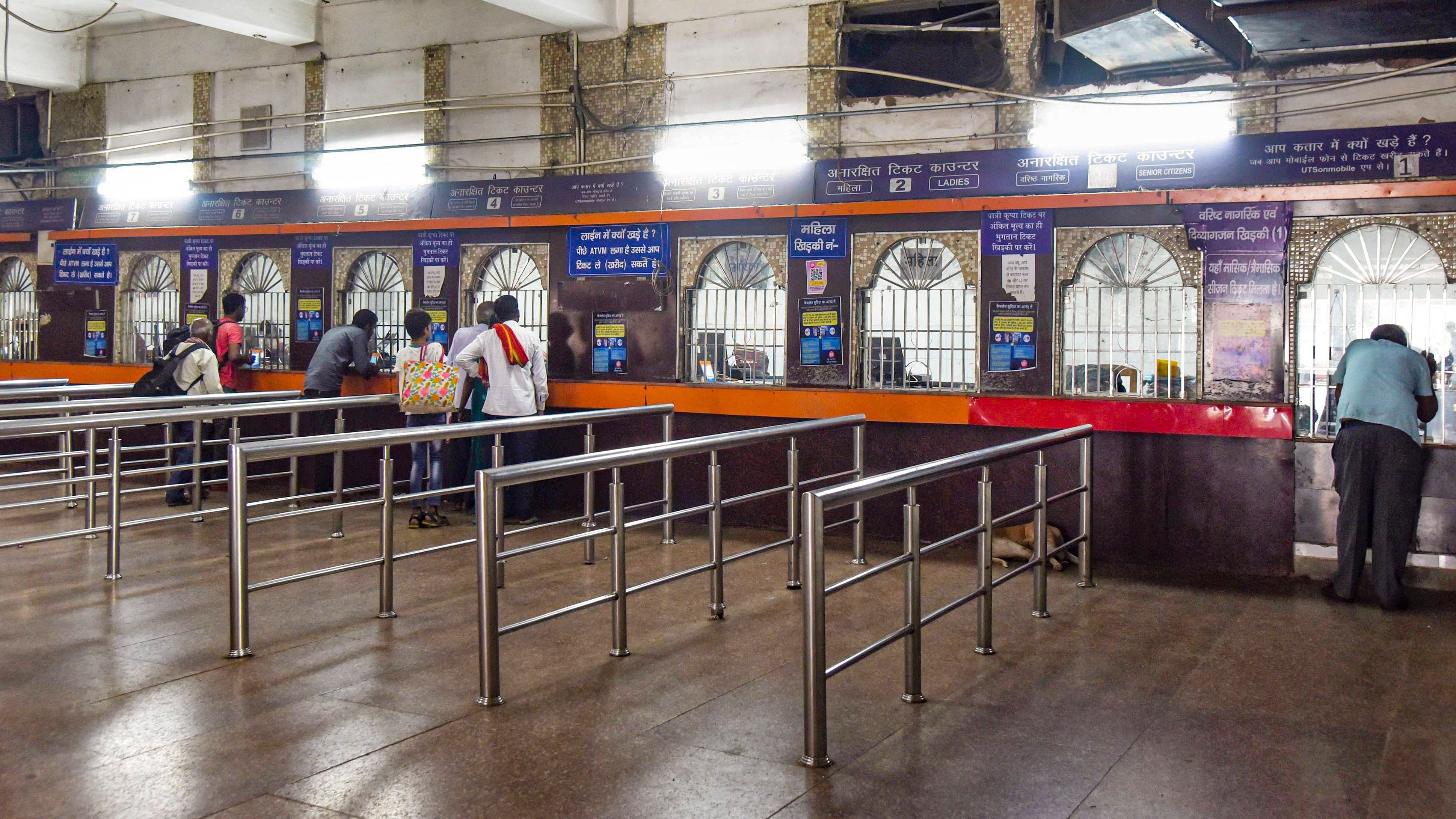
Starting November 1, passengers will be able to book train tickets up to 60 days in advance (excluding the journey date).
Credit: PTI Photo
Bengaluru: Starting November 1, railway passengers can make reservations 60 days in advance instead of the current 120 days.
On Thursday, the railways announced the new timelines for advance reservations as part of its ongoing efforts to streamline the booking process.
The changes are as follows:
Starting November 1, passengers will be able to book train tickets up to 60 days in advance (excluding the journey date). All bookings made under the existing Advance Reservation Period (ARP) of 120 days prior to October 31, 2024, will remain valid.
Cancellations of tickets booked beyond the new ARP of 60 days will be allowed as per the current rules.
The current reservation limit of 365 days for foreign tourists will remain unchanged.
The railways said that after a thorough analysis of previous reservation trends, it had determined that the 60-day ARP was the most optimal timeframe as it would reduce cancellations and no-shows.
According to the railways, the 120-day ARP was too long and had resulted in high cancellations and wastage of berths due to no-shows.
Currently, about 21 per cent of tickets are cancelled, while 4-5 per cent are no-shows. A shorter booking window will reduce such instances, providing better seat availability for genuine travellers, it explained.
The shorter ARP will also reduce fraudulent practices such as impersonation or misuse of the system by blocking tickets unnecessarily, encourage more genuine bookings, and help schedule special trains in advance to meet passenger needs during peak seasons, the railways said.
This is not the first time that the railways has changed the ARP, which has ranged from 30 to 120 days based on operational requirements and passenger convenience.
Advance Reservation Periods (ARPs) over the years
April 1981 to Jan 1985: 120 days
Feb 1, 1985, to Aug 31, 1988: 90 days
Sept 1, 1988, to Sept 30, 1993: 60 days
Oct 1, 1993, to June 30, 1995: 45 days
Sept 1, 1995, to Jan 31, 1998: 30 days
Feb 1, 1998, to Feb 28, 2007: 60 days
March 1, 2007, to July 14, 2007: 90 days
July 15, 2007, to Jan 31, 2008: 60 days
Feb 1, 2008, to March 9, 2012: 90 days
March 10, 2012, to April 30, 2013: 120 days
March 1, 2013, to March 31, 2015: 60 days
April 1, 2015, to Oct 31, 2024: 120 days